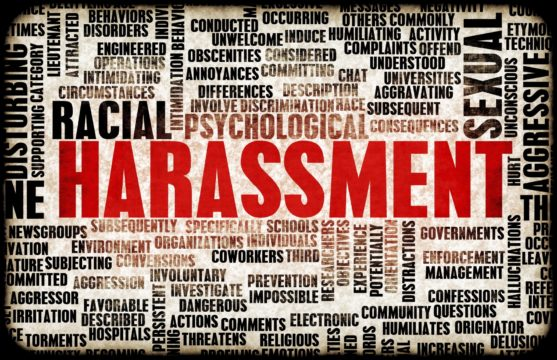Disclaimer: I am not a lawyer. I'm providing this article for informational and advocacy purposes only. If you believe your constitutional and civil rights have been violated when dealing with governmental and public sector organizations, determine what the policies and procedures are for filing complaints with the body you feel has treated you unfairly. You may also want to seek legal consultation to determine if your Charter rights have been violated, and what you can do about this.
Section 7: Life, liberty and security of the person
Provision
7. Everyone has the right to life, liberty and security of the person and the right not to be deprived thereof except in accordance with the principles of fundamental justice.
Purpose
Section 7 of the Charter requires that laws or state actions that interfere with life, liberty and security of the person conform to the principles of fundamental justice — the basic principles that underlie our notions of justice and fair process (Charkaoui v. Canada (Citizenship and Immigration), [2007] 1 SCR 350 at paragraph 19).
Source: Government of Canada, Department of Justice. Section 7: Life, liberty and security of the person. Charterpedia. Retrieved from: https://www.justice.gc.ca/eng/csj-sjc/rfc-dlc/ccrf-ccdl/check/art7.html.
Procedural Fairness
The Court outlined a non-exhaustive list of factors that determine the content of procedural fairness owed in individual cases. Those factors repeatedly continue to be recognized by the Supreme Court of Canada. In Canada (Minister of Citizenship and Immigration) v. Vavilov the Court listed these factors as including:
- the nature of the decision being made and the process followed in making it;
- the nature of the statutory scheme;
- the importance of the decision to the individual or individuals affected;
- the legitimate expectations of the person challenging the decision; and
- the choices of procedure made by the administrative decision maker itself.
The Court in Baker also stated that in certain circumstances, the duty of fairness requires a written explanation for a decision.
Source: Kootnekoff, S. (2020). The Duty of Procedural Fairness. Inspire Law. Retrieved from: https://www.inspirelaw.ca/the-duty-of-procedural-fairness/.
The Principles of Fundamental Justice: What are they Anyway?
Centre for Constitutional Studies, University of Alberta Law.
Colton Fehr, sessional instructor and PhD candidate at the Faculty of Law, University of Alberta, will tell you how the vague sounding “principles of fundamental justice” in Section 7 of the Charter have been used by the courts to effect change with respect to controversial social policy issues, including the regulation of sex work, euthanasia, and abortion.
Video: Downtown Charter Series: Principles of Fundamental Justice: What are they Anyway?





No comments:
Post a Comment